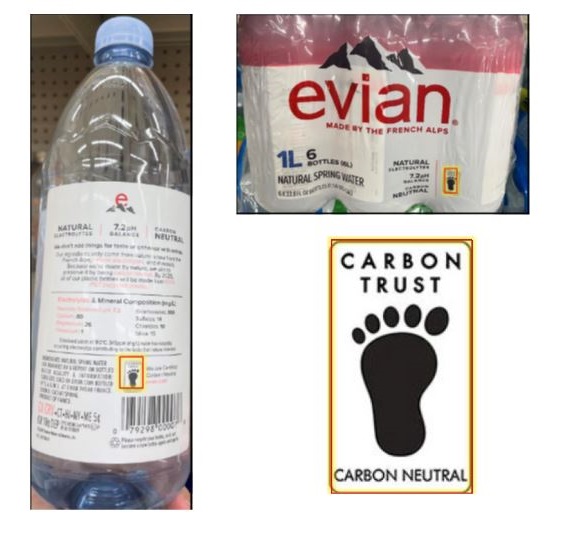Sustainability claims have long faced scrutiny. Between the FTC's Green Guides, a series of increasingly restrictive California laws, and the ongoing specter of class action lawsuits, "green" claims court risk from every direction. A recent decision out of the Southern District of New York adds yet another reason for caution—particularly with respect to "carbon neutral" claims.
Key Takeaways
- Reliance on a third-party certification body may not be sufficient support for "carbon neutral" claims
- Website explanations of "carbon neutral" claims may not adequately narrow or qualify "carbon neutral" claims on packaging
- Dictionary or technical definitions, while sometimes probative, are not necessarily dispositive of a claim's meaning
In an opinion that largely declined to dismiss a class action suit against Danone Waters of America (Danone), the court found that Danone's "carbon neutral" claim could be understood to mean "zero carbon emissions." The opinion stems from a class action lawsuit alleging that Danone Waters—in marketing its evian bottled water—violated various state laws by labeling its evian water as "Carbon Neutral," along with a footprint and a reference to the third-party certification body, "Carbon Trust."

Danone insisted that its "carbon neutral" claim was borne out by its product's third-party certification. More generally, Danone disputed the notion that "carbon neutral" is understood to mean "emitting no carbon dioxide at all." It pointed to dictionary definitions of "carbon neutral" that contemplate the use of offsets to balance emissions. Danone also noted that its product's website explains evian's approach to reducing and offsetting emissions.
None of these arguments held water—bottled or metaphorical—before the court. Despite dictionary definitions noting that "carbon neutral" status can be achieved with offsets, the court held that the term "carbon neutral" was "a technical word not within an average consumer's common parlance." It noted that "[a] reasonable consumer may plausibly understand 'carbon neutral,' a term whose meaning varies even within its own industry, to mean 'zero carbon emissions.'" The court added that "carbon neutral" is precisely the sort of "unqualified general environmental benefit" claim that is prohibited by the FTC's Green Guides.
While other courts may construe the term differently, it's clear which way the wind is blowing. "Carbon neutral" claims are risky territory. Steps to mitigate risk involve qualifying "carbon neutral" claims and referencing the use of offsets where applicable.
The content of this article is intended to provide a general guide to the subject matter. Specialist advice should be sought about your specific circumstances.
